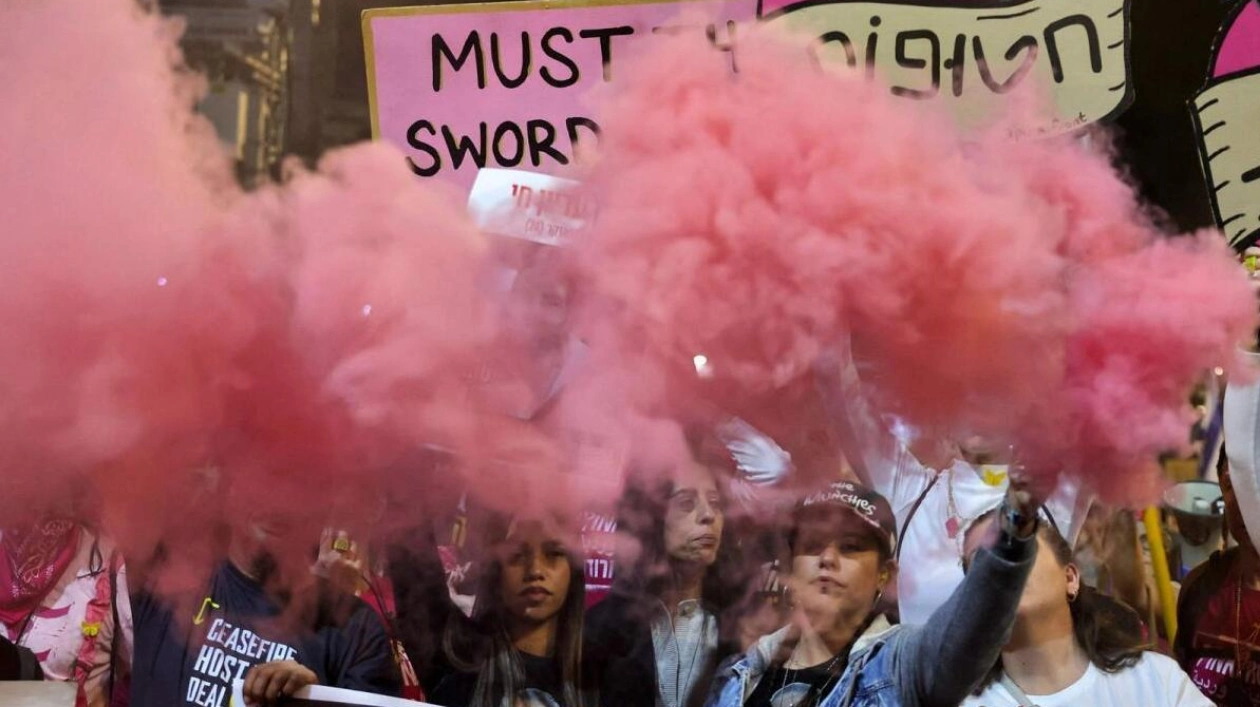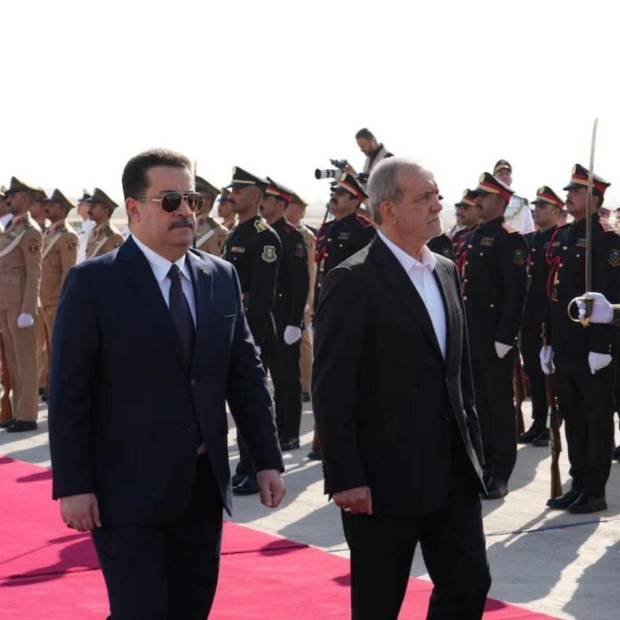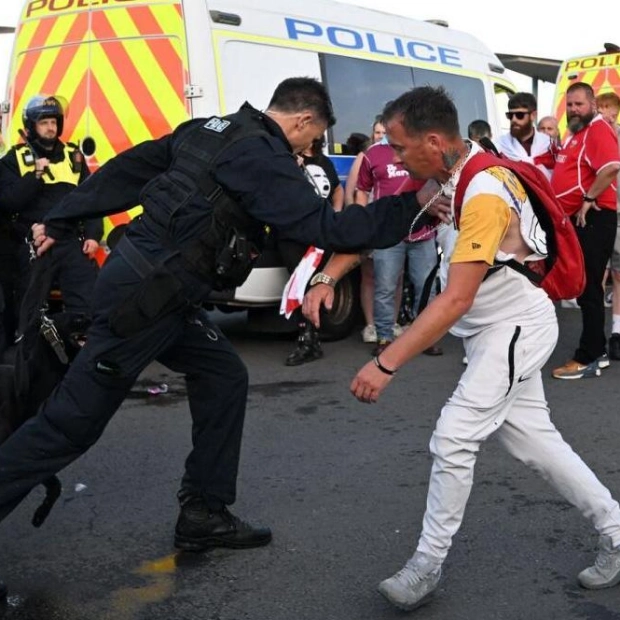Protesters in Tel Aviv held placards and set off flares during an anti-government demonstration, demanding action to secure the release of Israeli hostages held captive since the October 7 attacks by Palestinian militants in the Gaza Strip. The protest took place in front of the Israeli Defence Ministry on November 2, 2024. — AFP
Hundreds of demonstrators in Tel Aviv expressed their dissatisfaction with the government's failure to secure a truce deal to bring home the remaining hostages in Gaza. Flag-waving protesters in the country's commercial hub held placards with slogans such as 'Deal now', 'Stop the war', and 'We won't abandon them', while beating drums and chanting, 'Why are they still in Gaza?'
'There have been countless opportunities to end this crisis, and each one was torpedoed by the government,' said Zahiro Shahar Mor, a 52-year-old bank employee from Tel Aviv. 'The cycle of violence is escalating week after week, and we see no end,' added Mor, whose uncle Avraham Munder was killed in captivity in Gaza and who is campaigning for the release of others' loved ones.
Critics question why a truce has not been achieved, especially after Israel's recent killing of Hamas's leader Yahya Sinwar. Israeli and US officials, along with some analysts, have suggested that Sinwar was an obstacle to reaching a truce deal in the war between Israel and Hamas. Ifat Kalderon, a prominent anti-government protester worried about her cousin still held in Gaza, blamed Benjamin Netanyahu, Israel's longest-serving prime minister. 'Each hostage deal they start to talk about, he sabotages. He always blamed Sinwar, but now there is no Sinwar. But every time he finds another reason,' the 50-year-old stylist told AFP. 'It's a bloody war; we need to stop it. Enough. So many soldiers are dying. And ordinary citizens,' she said, referring to civilians from both sides of the conflict.
The war erupted on October 7, 2023, after Palestinian militants attacked Israel, resulting in 1,206 deaths, mostly civilians, according to an AFP tally of Israeli official figures. Israel's retaliatory campaign has killed 43,314 people in Gaza, a majority of them civilians, according to figures from the Hamas-run territory's health ministry, which the United Nations considers reliable. During the October 7 attack, Palestinian militants seized 251 hostages, of whom 97 are still in Gaza. The Israeli military says 34 of them are dead.
Some at the rally, organized by the Hostages and Missing Families Forum campaign group, highlighted the plight of Israel's soldiers, who are exhausted more than a year into the Gaza war. Others hoped for international intervention, including from the United States, which holds a presidential election on Tuesday. 'I hope whoever wins will be adult enough to take the kids in the Middle East by the ear and force them to the negotiating table,' said protester Mor. He expressed disappointment, frustration, and anger at the lack of a hostage deal but maintained hope for those still alive in Gaza.
Sinwar's killing had sparked hope that fresh negotiations could lead to a truce with hostage and prisoner releases. The talks have been mediated by the United States, Qatar, and Egypt. A Hamas official said on Friday the group received a proposal from Egypt and Qatar for a short-term truce in Gaza but had rejected it, restating its position for a complete, comprehensive, and lasting ceasefire.
Protester Simone Spak Safran believed the Israeli government 'couldn't care less' about the hostages. 'A few times an agreement was not reached, and not only because of Hamas. I don't expect anything from this government,' said the 77-year-old from Herzliya.
Source link: https://www.khaleejtimes.com






